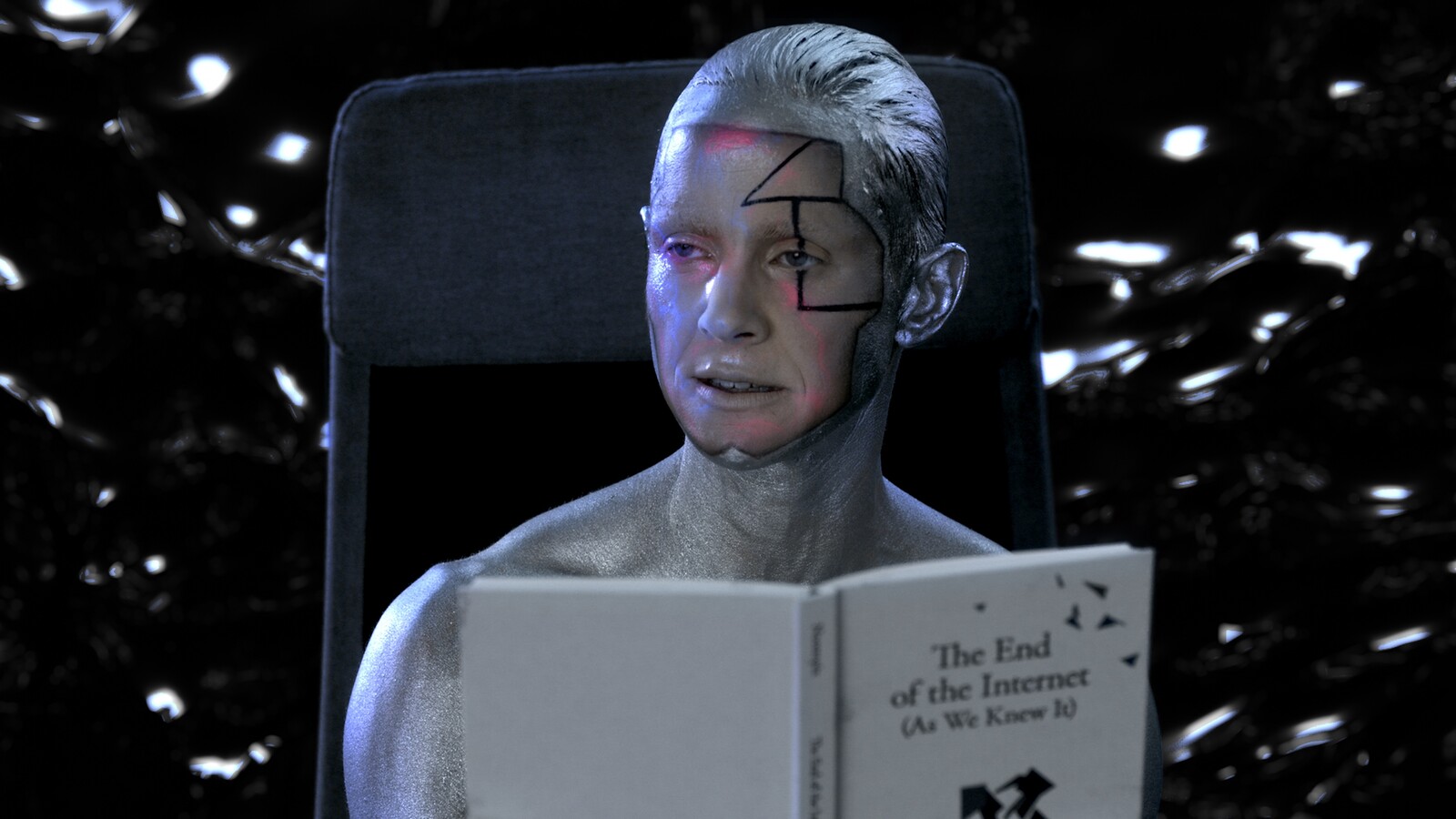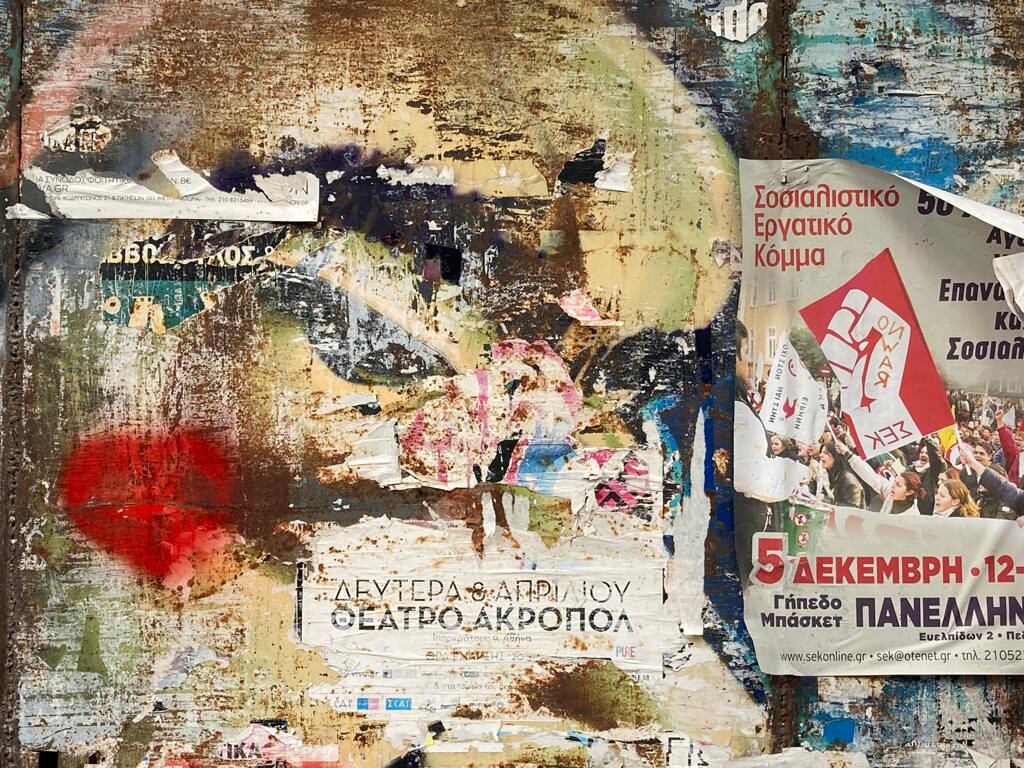Categories
Subjects
Authors
Artists
Venues
Locations
Calendar
Filter
Done
March 2, 2022 – Feature
Zach Blas’s “Unknown Ideals”
Kevin Brazil

Unknown Ideals collects a range of texts written by the artist and educator Zach Blas since 2008: essays, a screenplay, poems, and the hallucinatory monologue of a mannequin getting fucked by a suction gun. These writings, and a selection of installation shots and stills from the exhibited works which prompted them, are interspersed with critical responses by theorists and art historians such as Alexander R. Galloway and Pamela M. Lee, as well as an interview conducted with curator Övül Ö. Durmuşoğlu. The book is far from a collected works: writing is central to Blas’s practice, and he has published a long bibliography of academic writings on film, queer theory, and digital media. Yet beyond being a simple miscellany, it serves as an introduction to the distinctive imaginary world which has animated the artist’s work in film, digital media, installation, and sculpture.
The opening text, “Unknown Ideals,” offers a panorama of that world: California, the site of the contemporary “informatic means of production.” Blas’s California—perhaps like every California—is fantasy. A landscape, retro and futuristic at the same time, of Disneyland, meditation retreats, and Silicon Valley; inhabited by The Doors and Jack Dorsey, but dominated by Ayn Rand, whose 1943 novel The Fountainhead …
November 30, 2021 – Feature
Brad Haylock and Megan Patty (Eds.), Art Writing in Crisis
Orit Gat

It is easier to discount the importance of things than it is to advocate for them. One would expect a book titled Art Writing in Crisis to make an argument for criticism in “times like these”—an exhausting task in which writers are cornered into justifying their practice, which may end up equating art, culture, and discourse with what is now termed “essential work.” The crisis in the title isn’t the one I initially thought it was: it’s not art criticism that is in crisis, but the world. Instead of proposing criticism as a solution to upheaval, the writers in this book are reflecting on how we work in the midst of global chaos. The theme of their essays is not the place of art criticism now; there are no solutionist ideals about the role of art in society, or claims of how crucial art and criticism are, “now more than ever.” Instead, the 22 texts are largely personal in approach but community-oriented in scope, and appended by historical surveys on art publishing and writing, making a true argument for the value of art and criticism—not to save a society in crisis, but to grow the sense of collectivity that builds …